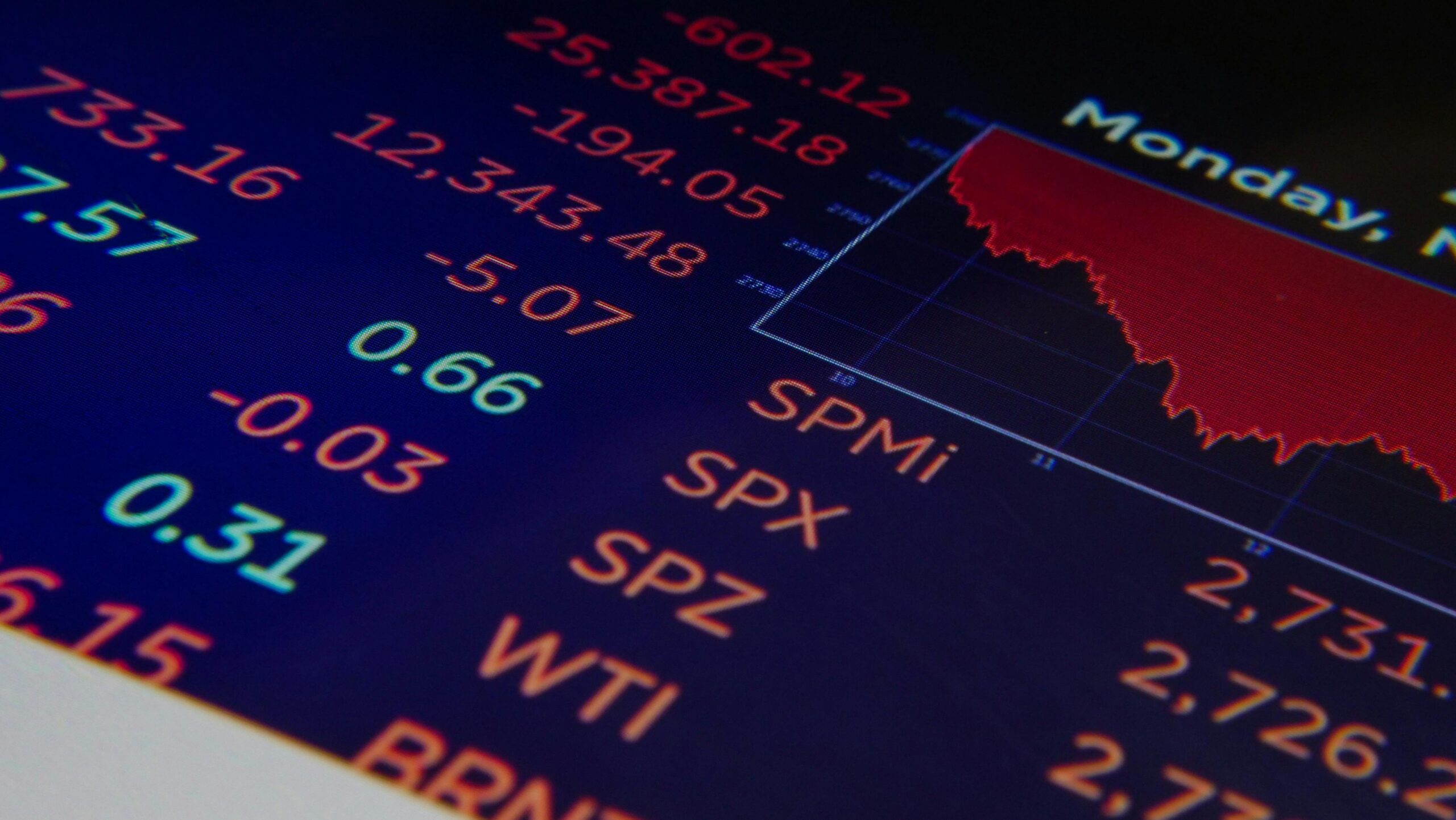Consumer confidence is a key factor that influences many sectors of the economy, including the mortgage market. It reflects the overall sentiment of individuals regarding the economy and their personal financial outlook. These perceptions significantly impact behaviors, including the demand for home loans, which, in turn, affects mortgage interest rates. In this article, we’ll take an in-depth look at how shifts in consumer confidence influence the mortgage rate environment and the broader housing market.
Understanding Consumer Confidence
Consumer confidence is commonly tracked through indicators such as the Consumer Confidence Index (CCI) and the University of Michigan’s Consumer Sentiment Index. These surveys measure how consumers perceive current economic conditions and their expectations for the future. When consumer confidence is high, people feel more secure financially and are more likely to make large purchases, such as buying a home. On the other hand, when confidence is low, individuals become more conservative with their spending, delaying big investments, including real estate.
The Link Between Confidence and Mortgage Demand
A rise in consumer confidence typically leads to increased demand for homeownership. When people are optimistic about their economic future, they are more inclined to take on long-term financial commitments, such as mortgages. This heightened demand can cause mortgage interest rates to increase because lenders are more in demand and have less incentive to offer lower rates.
Conversely, a dip in consumer confidence often results in decreased demand for mortgages. When consumers are uncertain about the economy or their financial stability, they are less likely to make major financial commitments. This reduction in demand may cause lenders to lower interest rates to encourage borrowing, as they face less competition for loans.
How Economic Sentiment Influences Interest Rates
Mortgage interest rates are influenced by a variety of factors, including inflation, Federal Reserve policies, and market demand for loans. Consumer confidence indirectly plays a role in determining these rates, primarily by affecting the demand for mortgages. When confidence is high, demand for home loans rises, which can push interest rates higher. Lenders may not feel the need to reduce rates when there are plenty of potential borrowers.
On the flip side, when confidence is low, demand for mortgages drops, leading lenders to lower interest rates to attract more borrowers. Reduced confidence often signals broader economic concerns, such as job insecurity, inflation, or economic downturns. In these situations, consumers may hold off on buying homes, which weakens the housing market and prompts lenders to make borrowing more appealing.
The Effects of Positive Sentiment on Mortgage Rates
Periods of strong consumer confidence are typically characterized by economic growth, job creation, and rising wages. When people feel financially secure, they are more likely to buy homes or refinance existing mortgages, leading to a surge in mortgage demand. As demand increases, lenders can afford to charge higher interest rates, knowing that borrowers are still likely to take out loans in a robust housing market.
Moreover, strong consumer confidence often leads to inflationary pressure, which can prompt the Federal Reserve to raise interest rates to curb inflation. This also leads to higher mortgage interest rates as the cost of borrowing increases in response to inflationary trends.
Negative Sentiment and Its Impact on Rates
When consumer confidence declines, individuals become more cautious about making large financial decisions. Concerns over job security, rising costs of living, or fears of an impending economic slowdown can cause potential homebuyers to delay purchases. This results in decreased demand for mortgages, and lenders may respond by lowering interest rates to encourage borrowing during these periods of uncertainty.
For instance, during economic downturns or crises—such as the 2008 financial crisis or the COVID-19 pandemic—mortgage interest rates often fall significantly. Lenders lower rates in an effort to stimulate borrowing as plummeting consumer confidence leads to reduced demand for home loans.
Conclusion: Why Monitoring Consumer Confidence Matters
For both borrowers and professionals in the mortgage industry, understanding the relationship between consumer confidence and mortgage interest rates is crucial. Rising consumer confidence typically leads to increased demand for home loans, pushing interest rates higher. Conversely, falling confidence reduces demand, causing interest rates to drop as lenders compete for borrowers.
By keeping an eye on consumer sentiment and broader economic conditions, potential homebuyers can make more informed decisions about the timing of their purchases or refinancing. Likewise, mortgage professionals can better anticipate shifts in market trends by staying aware of these fluctuations in consumer confidence.
In summary, consumer confidence serves as a key indicator in the mortgage market, influencing demand and shaping interest rates. Staying informed about these trends is vital for making the right decisions in the dynamic world of mortgage lending.

